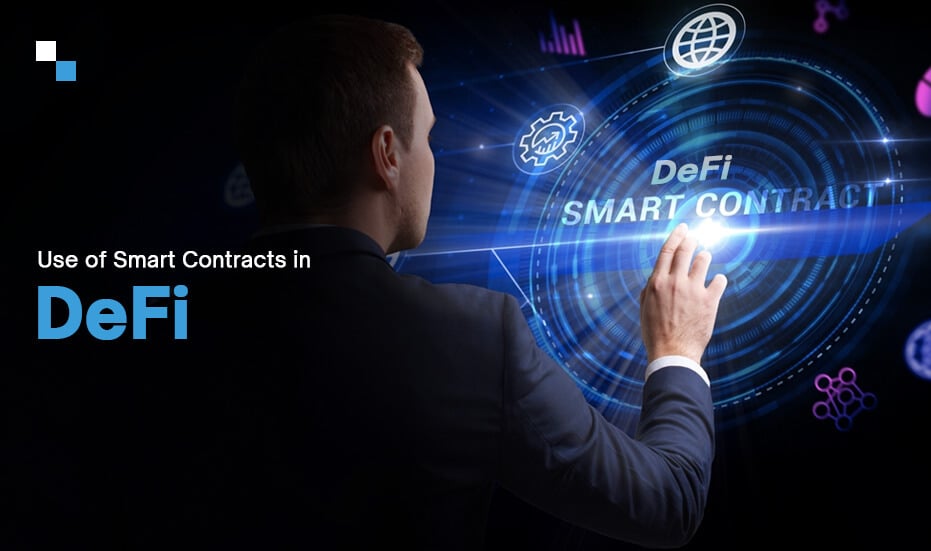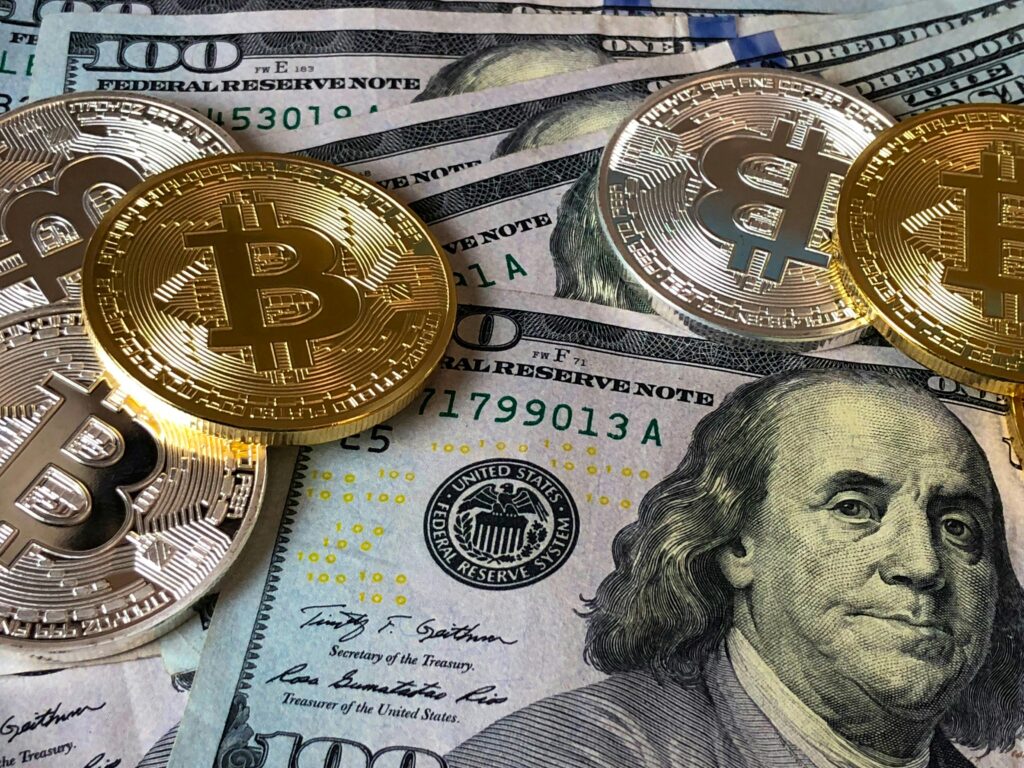In the ever-evolving world of financial technology, blockchain-based innovations such as smart contracts and Decentralized Finance (DeFi) are at the forefront of a revolution that promises to redefine traditional banking and finance. These technologies offer a new paradigm for lending, borrowing, and trading, characterized by increased accessibility, transparency, and efficiency. This article explores the potential of smart contracts and DeFi to transform the financial industry, marking a significant shift away from centralized financial systems towards a more open, inclusive, and equitable financial ecosystem.
Unpacking Smart Contracts and DeFi
At the heart of this transformation are smart contracts, which are self-executing contracts with the terms of the agreement directly written into lines of code. These digital contracts automatically enforce and execute the terms of an agreement based on predefined rules, eliminating the need for intermediaries and reducing the potential for fraud and disputes.

DeFi, or Decentralized Finance, refers to the ecosystem of financial applications built on blockchain technology that enables financial transactions, including lending, borrowing, and trading, to be conducted directly between parties without the involvement of traditional financial institutions. DeFi leverages smart contracts to automate and secure these transactions, offering a transparent, accessible, and efficient alternative to conventional financial services.
Transforming Lending and Borrowing
One of the most significant impacts of smart contracts and DeFi is on the lending and borrowing landscape. Traditional lending requires intermediaries like banks, which act as gatekeepers, assessing creditworthiness and setting terms. This process can be slow, costly, and inaccessible to many due to stringent credit requirements.

DeFi platforms, powered by smart contracts, democratize access to lending and borrowing. They allow individuals to lend or borrow directly from each other, secured by cryptocurrency collateral, and without the need for a credit check. Interest rates are determined algorithmically based on supply and demand, ensuring fair and transparent terms for all parties. This opens up financial services to underserved populations worldwide, providing them with opportunities for economic growth and participation in the global economy.
Revolutionizing Trading
DeFi is also transforming the trading of assets through decentralized exchanges (DEXs). Unlike traditional exchanges, DEXs operate without a central authority, facilitating direct peer-to-peer trading of cryptocurrencies and other digital assets. Smart contracts automate the execution of trades and ensure the security and transparency of transactions. This not only reduces the risk of hacking and fraud but also significantly lowers trading fees by eliminating the middleman.

Moreover, DeFi enables the creation of synthetic assets and derivatives, allowing users to gain exposure to a wide range of financial assets, including stocks, commodities, and currencies, all within the blockchain ecosystem. This level of innovation and flexibility is unprecedented in traditional finance, offering investors new ways to diversify their portfolios and manage risk.
Challenges and Considerations
Despite its considerable potential, the DeFi ecosystem is not without challenges. Regulatory uncertainty, the volatility of cryptocurrency markets, and the technical complexity of using DeFi platforms can pose risks to users. Additionally, the nascent nature of the technology means that there are concerns about security vulnerabilities, with several high-profile hacks and scams underscoring the need for improved safeguards and risk management practices.

To realize the full potential of smart contracts and DeFi, these challenges must be addressed through technological advancements, user education, and regulatory clarity. As the ecosystem matures, it is expected that more robust security measures will be implemented, and regulatory frameworks will evolve to protect users while fostering innovation.
The Future of Finance
Smart contracts and DeFi are reimagining the financial landscape, offering a more accessible, efficient, and transparent system. By reducing reliance on intermediaries, these technologies have the potential to lower costs, increase market participation, and create more equitable financial opportunities.

As we stand on the brink of this financial revolution, the continued evolution and adoption of smart contracts and DeFi will likely shape the future of banking, lending, and trading. While challenges remain, the promise of a decentralized financial system that empowers individuals and promotes financial inclusion is an exciting prospect, heralding a new era in the world of finance.